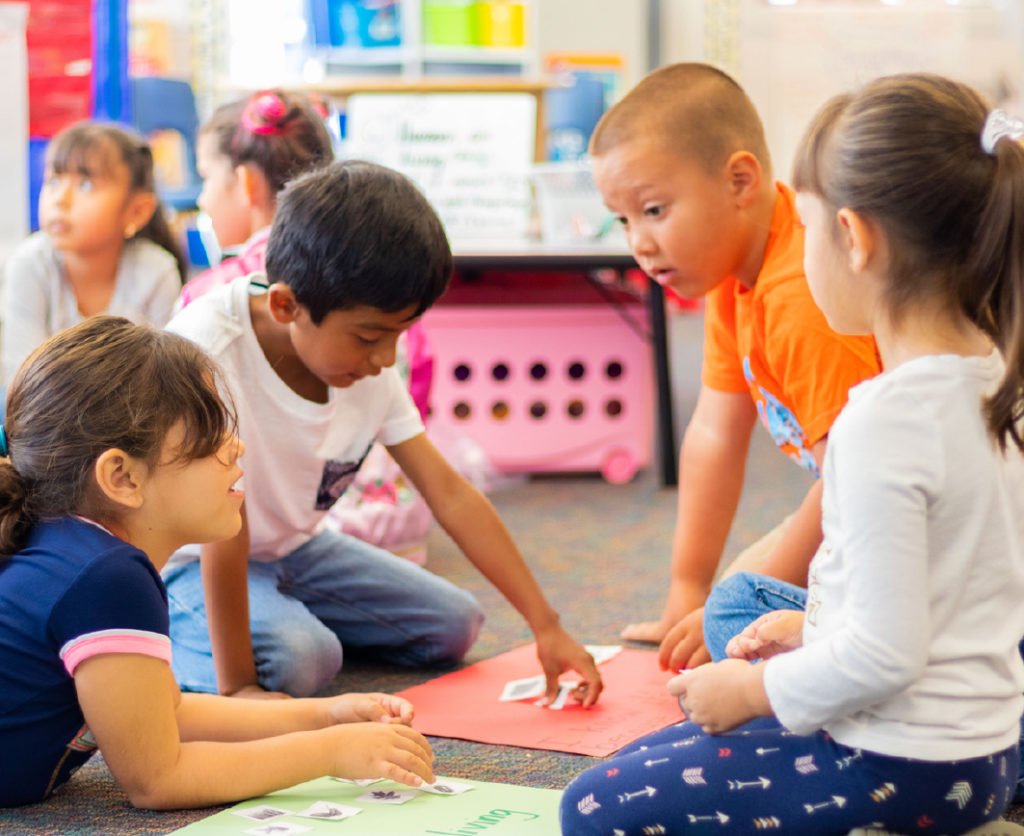Jesus the Christ exercised power differently. He was a person who chose to become like others, rather than insisting on holding territory; who refused to instruct or ‘save’ by exerting will or using charisma; who chose humiliation and death over winning control. Radical. In this reflection, we wonder what the writer of Hebrews might be saying about Christ, power and our own vocation.
Image licensed under Creative Commons.
Today’s reading from the New Testament is from the letter to the Hebrews - a rather complicated text! You can find Chapter 2 here, and we paraphrase a section below.
“It makes sense. The Divine, for whom and through whom all things exist, decided to glorify all people by making their pioneer and saviour perfect through suffering.
The one who saves us has the same heavenly Father that we have. Jesus is not ashamed to call us brothers and sisters, saying,
‘I will proclaim God’s name to my brothers and sisters - in their midst, I will praise God.’
And,
‘I will trust God’ ... ‘Here I am with the children God has given me.’
We children share one flesh and blood, and Jesus shared it too. That meant, through death, he could destroy The One who has deathly power - that devil - and free us from our enslavement to the fear of death.
Jesus did not operate on behalf of heavenly beings but for people - the descendants of Abraham. To do that, he had to become like us in every respect. Only then could he be merciful and faithful, a priest for us in God’s service, and sacrificing himself for our sake.
It is because he was tempted and tested by what he suffered, that he is equipped to help the rest of us, who are also being tempted, tested and who suffer. ”
Take a few moments to let this sink in. Choose either the full passage, the paraphrase or (even better) just a word or two that resonate with you. Don’t worry if it doesn’t all make intellectual sense. What comes to mind? What are you feeling?
In Christianity, God is the universal creator. Everything emanates from there, as John’s first letter states - 'Without God was not anything made that was made, in Him is life!'
Each of us is a part of God; a part of one another; a part of the whole created universe. We can reflect on the origins of life and the Big Bang, remembering that everything is made up of the same ‘stuff’, the same atoms. We are physically interrelated.
Further down the line, after the burst of creative energy and formation of life, divisions formed. People have struggled to experience and intergrate those, and it has led to fear and conflict. The promise and expectation is that, in Jesus the Christ, these divisions can and shall be forgiven and healed. Ultimately, there is nothing to fear because we are all 'In Christ'.
It takes work to reach a place of freedom from fear - and there is no rush.
As we take time to discover this truth in our own time, we may discover periods when we feel released from fear and stress; when we get a creative boost; when we notice we are more comfortable co-operating and collaborating; more willing to open our hearts and minds to new relationships, new ways of working with others, new ways of living that are based on joint responsibility.
Could more of this transform divided nations, communities and families?
Take some time to reflect on this.
You may be interested in this video.

